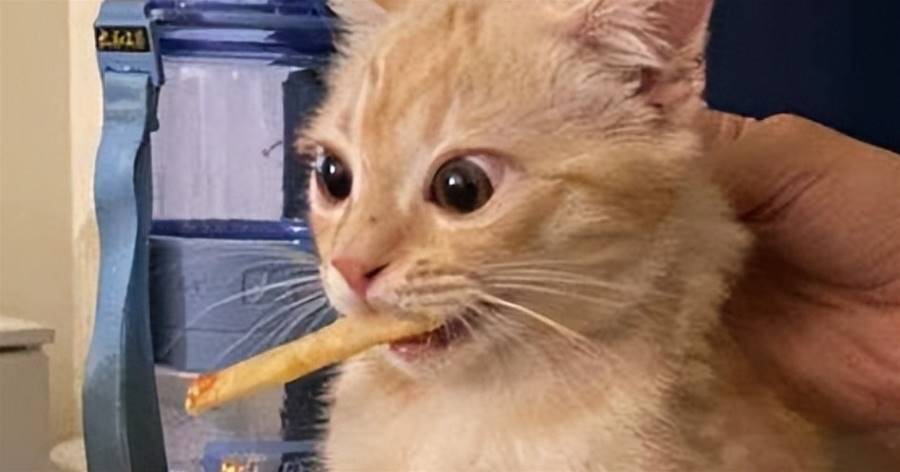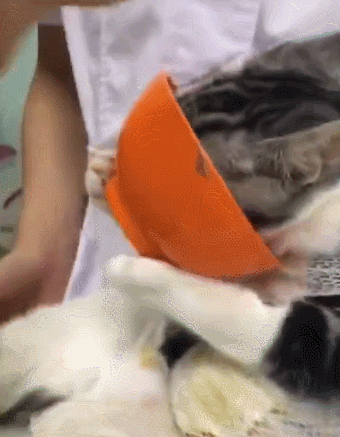
"Signs of Short-Lived Cats": It is heartbreaking to know that some cats have shorter lifespans. However, certain characteristics can cause concern about their longevity. Let's explore these signs and understand why they are worrisome. 1. "Gobbling Down Food": Cats that eat excessively and quickly without stopping can suffer from digestion and gastrointestinal problems, ultimately shortening their lifespan.

2. "Persistent Abnormal Bowel Movements": Regular bowel movements are essential for a cat's overall health. If a cat experiences prolonged diarrhea, constipation, or abnormal bowel movements, it may be due to improper diet, digestive issues, or intestinal infections. Chronic bowel problems can strain a cat's health and limit its lifespan.

3. "Excessive Obesity": Overfeeding or providing high-calorie food regularly can lead to obesity. While it may appear adorable, obesity increases the risk of various diseases and puts stress on a cat's joints and internal organs, shortening its lifespan.
4. "Lack of Regular Deworming and Vaccination": Proper care, including regular deworming and vaccination, is crucial for a cat's well-being.
Without these preventive measures, cats can become susceptible to external parasites such as fleas, ticks, and lice. Additionally, the lack of vaccination weakens their immune system, making them more prone to various viruses. This can negatively impact their lifespan.

5. "Water Avoidance": Water is essential for cats as it participates in almost all biochemical reactions in their bodies.
Cats that show little interest in drinking water can become dehydrated, affecting their bodily functions and overall health. Adding freeze-dried treats to their water can tempt them to drink. 6. "Excessive Clinginess": Some cats become overly dependent on their owners and constantly seek their attention. Although this attachment may seem comforting, excessive dependence can make it difficult for cats to adapt to environmental changes, leading to physical and psychological health issues.

7. "Regular Consumption of Fatty Food": Feeding cats human food or incorporating excessive oil in their diet is harmful. Long-term consumption of fatty food increases the risk of obesity, cardiovascular diseases, high blood pressure, and ultimately shortens their lifespan.



















